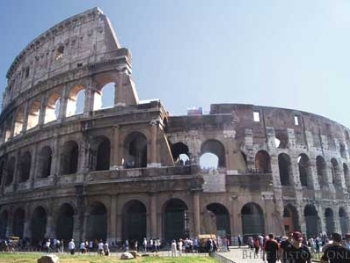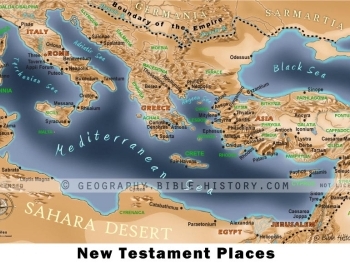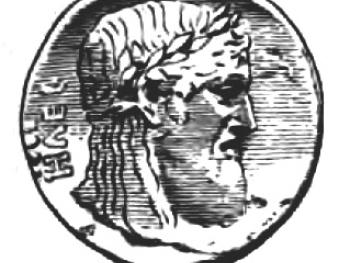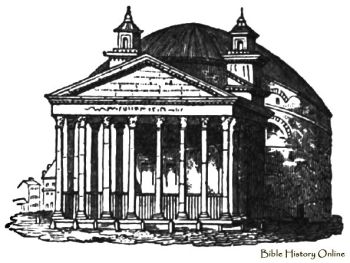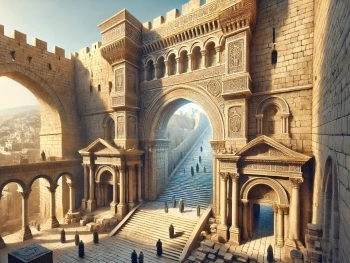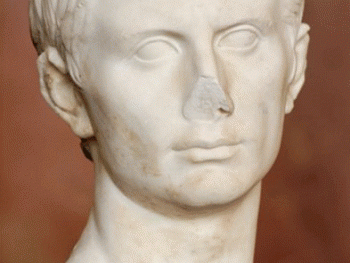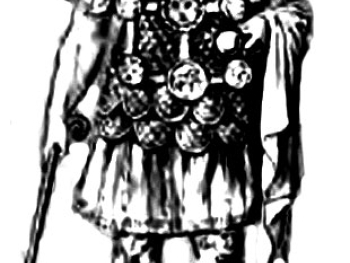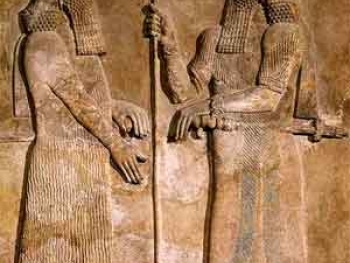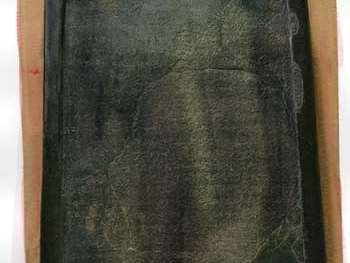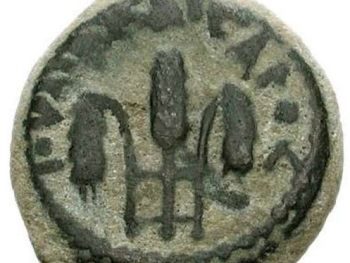The ancient Greeks made remarkable achievements in art and architecture, leaving a lasting impact on Western civilization. Some of their major accomplishments include:
- Sculpture: Greek sculpture reached unparalleled heights, with an emphasis on idealized human forms and lifelike portrayals. They perfected techniques such as contrapposto (weight shift) and created iconic sculptures like the "Discus Thrower" and the "Venus de Milo."
- Architecture: The Greeks pioneered architectural styles such as the Doric, Ionic, and Corinthian orders, which influenced the design of countless buildings worldwide. They built magnificent temples, such as the Parthenon in Athens, characterized by harmonious proportions and intricate decorative elements.
- Drama and Theater: Greek theater gave birth to the concept of dramatic storytelling and theatrical performances. Playwrights like Sophocles, Euripides, and Aeschylus explored complex themes and human emotions in their tragedies and comedies, laying the foundation for modern theater.
- Philosophy and Rational Thought: Greek philosophers, including Socrates, Plato, and Aristotle, revolutionized intellectual discourse. Their ideas on ethics, metaphysics, and logic shaped Western philosophy and scientific inquiry, influencing fields ranging from ethics to political theory.
- Olympic Games: The ancient Greeks established the Olympic Games, which celebrated physical prowess, athleticism, and unity. The Games fostered a spirit of competition and provided a platform for athletes from different city-states to come together.
- Literature and Poetry: Greek literature produced epic poems like the "Iliad" and the "Odyssey" attributed to Homer, as well as the works of playwrights like Aristophanes and Euripides. These texts explored themes of heroism, love, and the human condition.
- Democracy: Ancient Greece is credited with establishing the concept of democracy, giving citizens a voice in political decision-making. The city-state of Athens, in particular, developed a democratic system that influenced later forms of government.
These achievements of the ancient Greeks continue to inspire and influence art, architecture, literature, philosophy, and various aspects of modern society.
